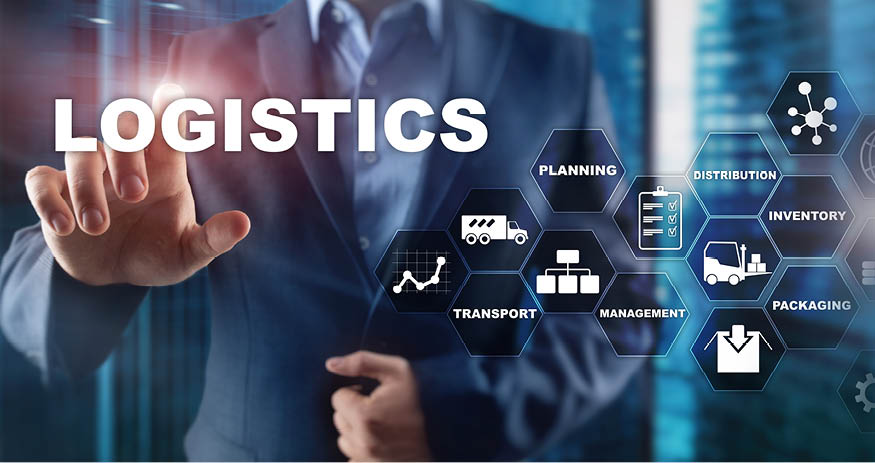
How to Start a Trucking Company in 2025: Step-by-Step Guide
Starting a trucking company in the U.S. can be a highly rewarding venture. With the transportation industry generating billions each year, there is no shortage of opportunity for new carriers. But success depends on doing things right from the start.
This step-by-step guide will walk you through everything you need to legally establish your trucking business in 2025 — from forming a company and applying for licenses to securing insurance and estimating startup costs.
👉 Once you’re operational, a Transportation Management System (TMS) can help you manage dispatch, compliance, and profitability with ease.
Step 1: Form a Legal Entity
The first step in launching your trucking business is choosing the right business structure. Most new carriers select one of these options:
- LLC (Limited Liability Company): Popular among trucking startups due to liability protection and tax flexibility.
- Corporation: Offers strong liability protection but involves more complex reporting.
- Partnership: Easy to form but provides less liability protection.
You’ll need to file with your state’s Secretary of State. Filing fees range between $50 and $300, depending on the state.
Pro tip: You can complete the process online via your state’s website. If you prefer help, a CPA or business service can file for you.
Step 2: Apply for an EIN
Once your company is formed, you’ll need an Employer Identification Number (EIN) from the IRS. This number is essential for:
- Opening a business bank account
- Filing taxes
- Receiving payments from clients
The application is free and takes just a few minutes on the IRS website (https://www.irs.gov/businesses/small-businesses-self-employed/apply-for-an-employer-identification-number-ein-online).
Step 3: Apply for a USDOT Number
A USDOT number is required for carriers operating across state lines or transporting hazardous materials.
- Apply online through the FMCSA portal (https://www.fmcsa.dot.gov/registration/do-i-need-usdot-number).
- The application is free and approval is typically instant.
Step 4: Apply for an MC Number (Operating Authority)
If you plan to operate as a for-hire carrier and transport regulated commodities in interstate commerce, you’ll also need an MC number from the FMCSA.
- Filing fee: $300
- Processing time: 20–25 business days
- Application: FMCSA Operating Authority (https://www.fmcsa.dot.gov/registration/get-mc-number-authority-operate)
Be sure to carefully select your operation type during the application to avoid delays.
Step 5: Get Trucking Insurance
Insurance is one of the largest upfront costs for new trucking businesses.
FMCSA minimum requirement:
- Liability coverage: $750,000
Industry standard (to get contracts):
- Cargo insurance: $100,000
- Physical damage coverage: Optional but highly recommended
Average cost for new carriers:
- Around $12,000 per truck per year (~$1,000 per month).
- Expect to pay ~20% down upfront (≈ $2,400 per truck)
Pro tip: Hire drivers with clean records and CDL experience to secure lower premiums.
Step 6: File a BOC-3 (Process Agent)
FMCSA requires all trucking companies to designate a process agent in each state. This is done via BOC-3 filing.
- Cost: $25–$30
- Filing is usually completed instantly online by a process agent service.
Once submitted, this completes your FMCSA requirements.
Trucking Startup Costs: Summary
|
| Fees | Processing Time |
Step 1: | Form a legal entity | $50-$300 | 1-30 days |
Step 2: | Apply for EIN number | free | Instant |
Step 3: | Apply for US DOT number | free | Instant |
Step 4: | Apply for MC number | $300 | 20-25 days |
Step 5: | Get insurance | About $12,000/year per truck | Varies |
Step 6: | Get BOC-3 agent | $25-$30 | Instant |
Frequently Asked Questions (FAQ)
How much does it cost to start a trucking company?
Startup costs vary, but most new carriers should expect at least $15,000–$20,000 per truck to cover insurance, permits, registrations, and working capital.
Do I need a USDOT number if I only operate in one state?
In many cases, yes. Some states require a USDOT number for intrastate carriers as well. Always check your state’s DOT regulations.
How long does it take to get trucking authority?
The MC number application takes about 20–25 business days for FMCSA to review. During that time, you’ll also need to secure insurance and file a BOC-3.
What insurance do I need to start a trucking company?
At minimum, FMCSA requires $750,000 in liability coverage. Most shippers and brokers also require $100,000 in cargo insurance, plus optional physical damage coverage for your trucks.
Can I start a trucking company with just one truck?
Yes — many carriers begin with a single truck and grow from there. Just keep in mind that insurance costs are higher for new, single-truck operations, so budgeting carefully is key.
Launching a trucking company requires compliance, capital, and careful planning — but the opportunity is enormous. Once your authority is approved and your trucks are insured, you’re ready to hit the road.
The next challenge is running your trucking business efficiently: dispatching loads, managing drivers, staying compliant, and keeping costs under control. That’s where a modern Transportation Management System (TMS) can make all the difference.
👉 Learn how ezLoads TMS and Driver App helps trucking businesses like yours stay profitable and compliant from day one.


